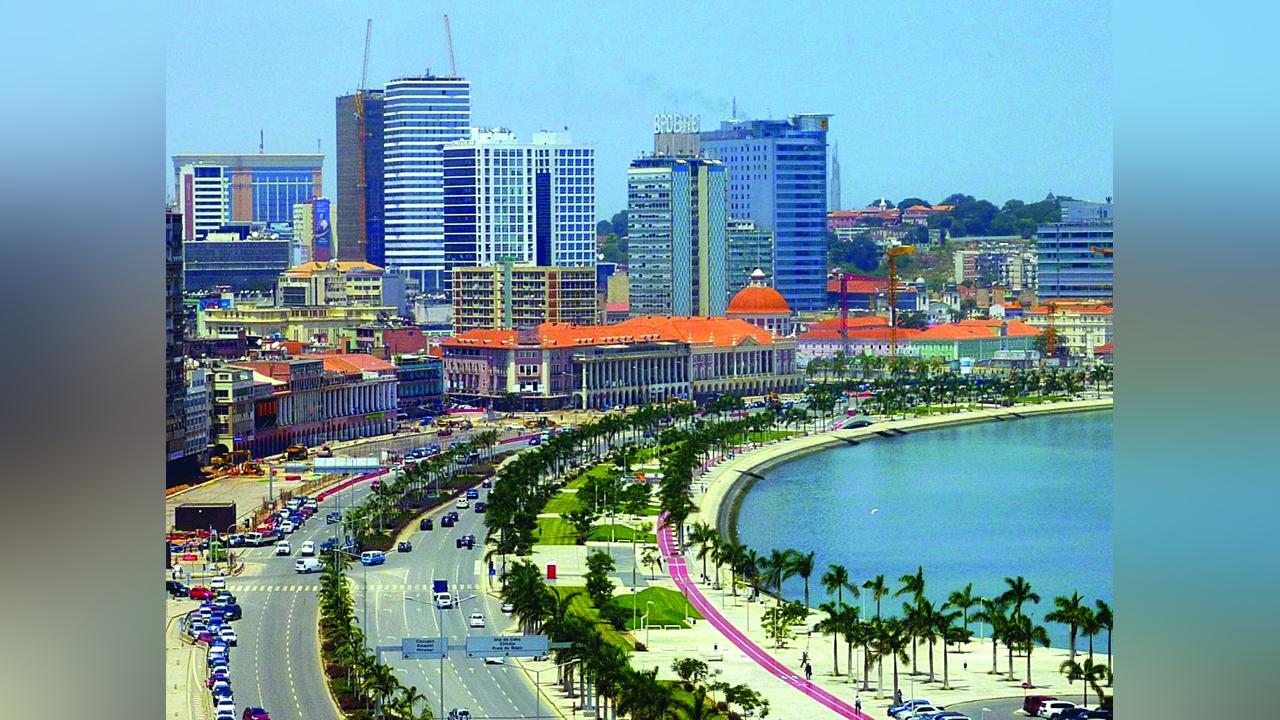Africa-Press – Angola. When 25% of GDP and 60% of tax revenues come from the oil sector, the IMF recommends investing in the agricultural sector and infrastructure, as well as increasing education to close the skills gap.
The International Monetary Fund (IMF) recommends that Angola, in order to diversify its economy, improve infrastructure, take measures to develop human capital and eliminate barriers to private sector access to credit.
The decline in oil revenues that occurred in 2023 “underlines the critical need to diversify the economy in Angola”, highlight economists Carmen Yiptong and Zviad Zedginidze, in an analysis released to coincide with a Fund mission to that African country, which ended on Tuesday, recalling that “currently, 25% of GDP and 60% of its tax revenues come from the oil sector”.
To highlight this urgency, they mention that among oil exporters in sub-Saharan Africa, Angola has “the third place among countries with the largest share of oil exports in total exports of goods (94%)”.
“In addition, Angola’s performance in governance and key logistical processes is below the sub-Saharan African average, with results in the fight against poverty and human capital development also lagging behind,” and there are sectors whose development is affected by the economy being concentrated in the oil sector, such as transport, mining, and construction, the economists write.
On the other hand, the analysis shows, for example, a “growth in the agricultural sector” and points out the potential it has for diversifying the economy.
There are four areas that the experts delve into in the document as they consider that they will “promote economic diversification in the specific context of Angola, simultaneously boosting growth and resilience”.
“Reforms to improve human capital, address critical infrastructure needs, foster a growth-friendly business environment, and improve access to credit will reduce structural barriers and market bottlenecks, promoting diversification,” the economists write, making recommendations for each of these four areas.
One of the highlights are measures to improve education and fill the skills gap, for results that “can translate into a more productive workforce that meets the needs of higher value-added sectors and can attract foreign investment”.
Another recommendation is to “respond to the needs of critical infrastructure”. By investing, “a path to diversification” is opened and “the productive capacity and output of the economy” is increased, they argue.
Economists warn that the lack of infrastructure poses challenges to productivity and businesses, as “a large part of the Angolan population does not have access to basic infrastructure services” and 36% of companies in Angola consider that electricity, for example, “constitutes a serious obstacle”.
Access to credit is another obstacle, with the IMF suggesting greater facilitation, and pointing to the informality rate, inflation and high interest rates as harmful to the non-oil economy, and to the relationship between the State and banks.
“A favorable environment for credit growth could bring tangible benefits for economic diversification”, the experts emphasize, highlighting the expansion of credit bureau coverage, the improvement of technological access to information and the improvement of the monetary policy implementation framework to control inflation.
The Angolan authorities have implemented a National Development Plan (PDN 2023-27), focused on “regional economic integration, human capital development, food security and socioeconomic progress (…) and which also emphasizes governance reforms, infrastructure modernization and environmental preservation”, the economists acknowledge.
However, despite the focus “on promoting growth in the non-oil sector, several obstacles persist” and a recent UN report (2024) highlighted that, with current public spending plans, “only 47% of the Sustainable Development Goals (SDGs) will be achieved in Angola by 2030”, they warn.
For More News And Analysis About Angola Follow Africa-Press






